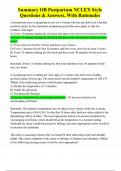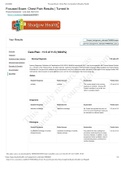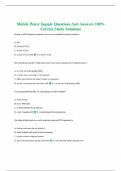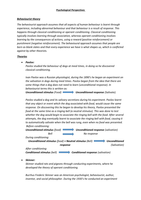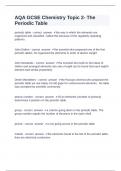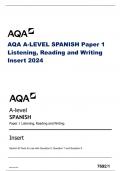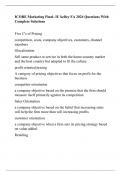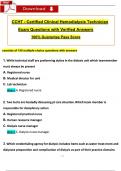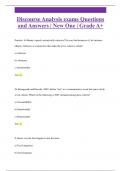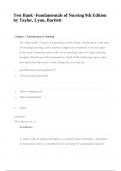Exam (elaborations)
Summary OB Postpartum NCLEX Style Exam Questions & Answers, With Rationales
- Module
- OB Postpartum NCLEX
- Institution
- Rasmussen College
Summary OB Postpartum NCLEX Style Questions & Answers, With Rationales-A postpartum nurse is preparing to care for a woman who has just delivered a healthy newborn infant. In the immediate postpartum period the nurse plans to take the woman's vital signs: A) Every 30 minutes during the first hour ...
[Show more]
